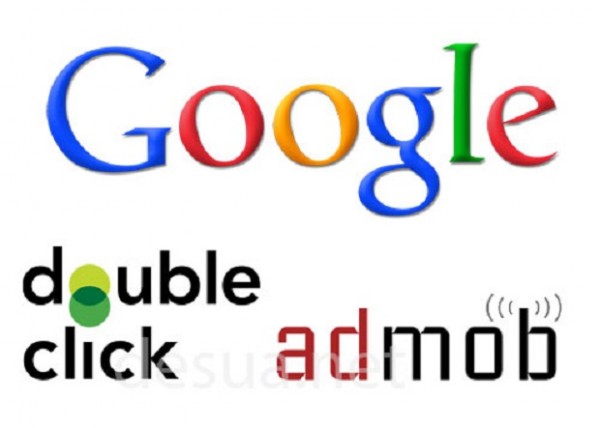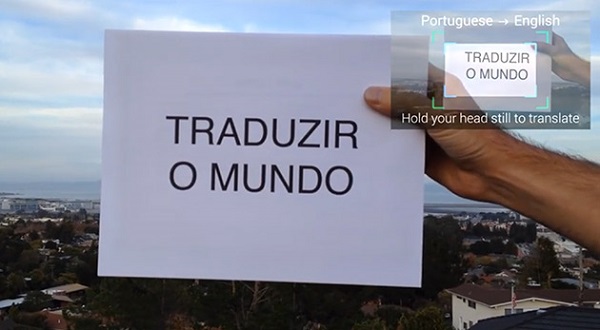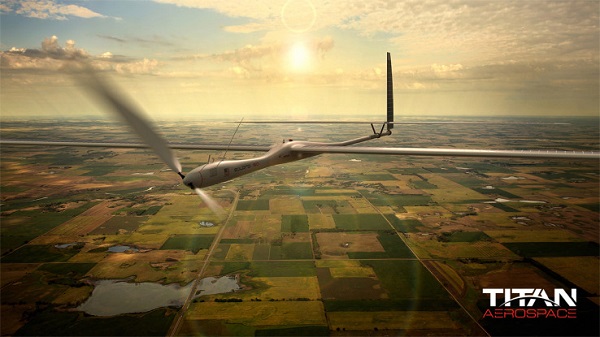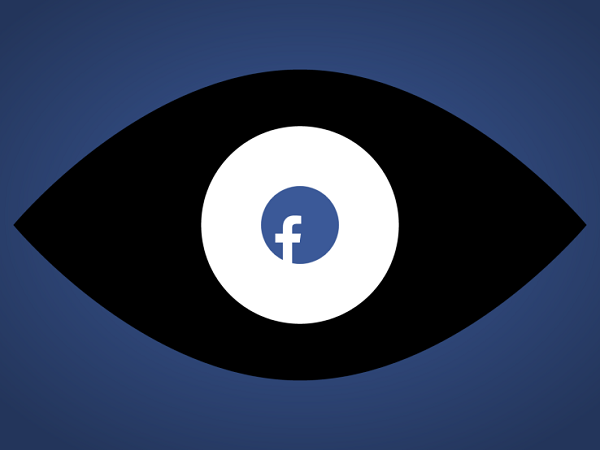
In the Minecraft universe, anything’s possible, and Microsoft seems to be well aware of that, as it is in talks for buying Majong, the Swedish company behind the bricks-and-mortar video game.
Two billion dollars may sound like a lot of money, especially since Majong only reported a revenue of $360M last year. The thing is that Microsoft couldn’t care less about how much Minecraft’s developer is making a year. The Redmond giant is more interested in the 50 million-strong user base that global phenomenon Minecraft is currently having. Sure, the Xbox One is great, and ensures a respectable audience, but surely the tech giant wouldn’t mind if it got 50 million more, right? Microsoft adopted a similar tactic in 2011 when it bought the (also Swedish) Skype.
Ironically enough, if Microsoft actually manages to buy Majong, it won’t be getting a developer that makes its games exclusively for PCs, as an Xbox One version already exists. The price varies, the one for mobile being $7, while the PC version is $20. On Xbox One, where Minecraft is a bestseller, the game sells for $20, sign that the Swedish makers were more forgiving with console users.
It should be noted that while not extremely impressive, Majong’s revenue for 2013 was 38% higher than the year before. Now that’s a remarkable progress, and Microsoft probably hopes that the trend will continue next year. The problem is… the game is already extremely popular, so the growth won’t be that spectacular from now on.
What people fear is that as soon as Microsoft buys Majong, Minecraft will no longer get free updates. In other words, all future updates would come in the form of DLCs people would have to pay for, and everything that’s currently appealing about the game would turn to dust.
Satya Nadella, Microsoft’s new CEO, said about gaming that it is the “single biggest digital life category, measured in both time and money spent, in a mobile-first world.” That could mean that Microsoft intends to shift its focus from consoles and PCs to its tablets and Windows Phone. I’m a bit skeptical about Microsoft’s success in attracting the young crowd to its unappealing mobile OS, but that remains to be seen after Microsoft’s acquisition of Majong, which should take place this week.
Be social! Follow Walyou on Facebook and Twitter, and read more related stories about the Minecraft Star Wars: Episode IV opening sequence, and the Minecraft King’s Landing built by avid Game of Thrones fans.








